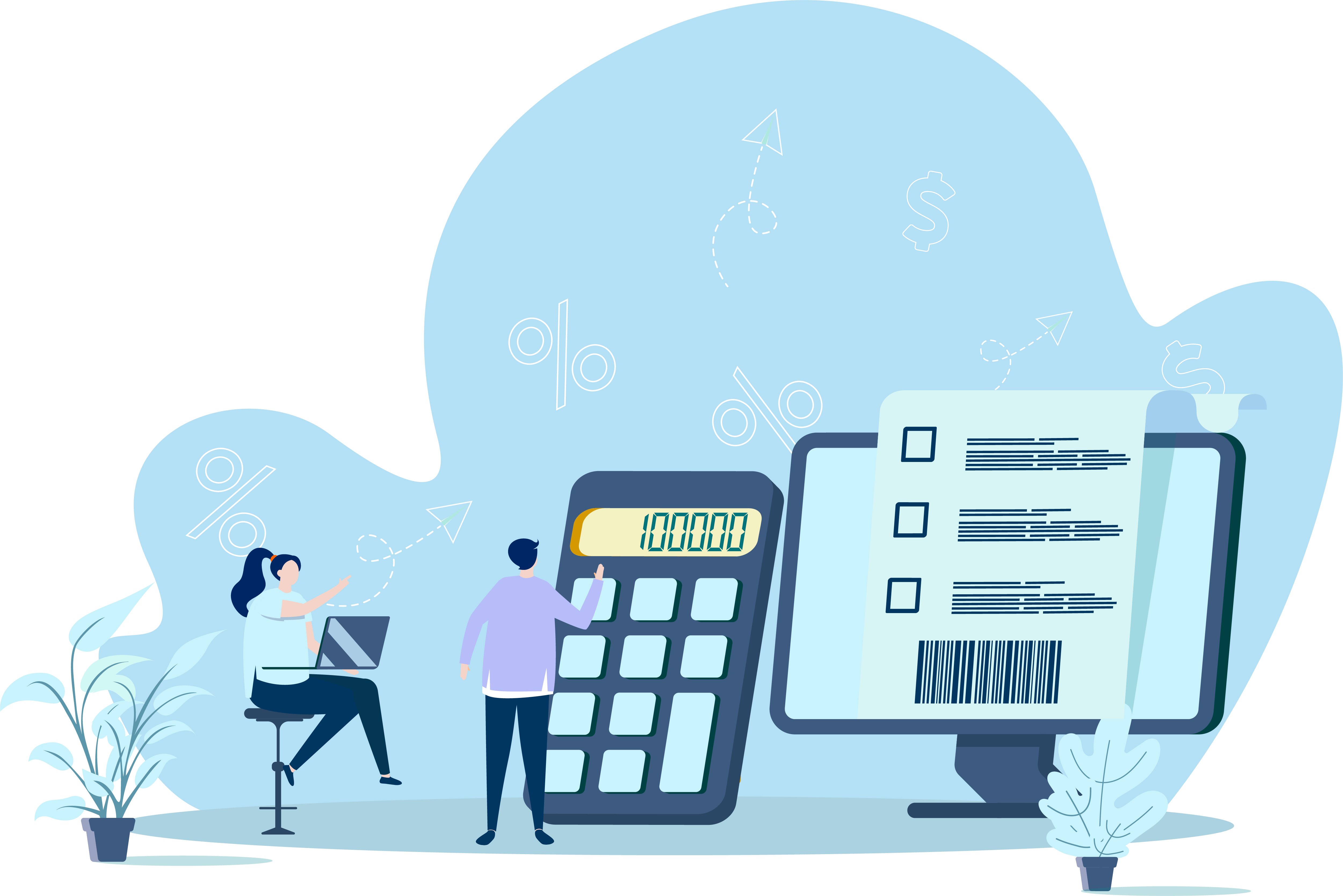As an accountant, understanding the difference between cash and accrual accounting is vital in operating a business. Due to the sheer amount of reports and accruals they deal with daily, there exists a running joke that the world they live in is a cruel one.
The difference between the two lies in the timing of when sales and purchases are recorded in the organization’s accounts.
Cash-based accounting is a more immediate recognition of revenue and expenses, while the accrual method focuses on anticipated revenue and expenses.
Let’s take a look at both methods in detail and how each would affect your business.
Cash Basis accounting
Cash basis accounting recognizes revenues only when cash is received; and expenses when they’re paid. It does not recognize accounts receivables or payables.
Small businesses mostly use this method of accounting because it is simple to maintain. The cash method is also beneficial in checking the exact cash flow the company has at any given time.
The key advantage of the cash method is its simplicity and efficiency. However, the simplicity of the method can also be misleading. Cash basis accounting does not account for your business’s liabilities. Hence, a cash rich company may not necessarily be financially healthy as liabilities such as their accounts payables might far exceed their resources
This is why more companies are using forecasting software for better decision making. More specifically, software like DashBod makes it possible for businesses to predict their cash flows.
Accrual Basis Accounting
Accrual basis accounting records revenues and expenses when earned, regardless of when the payment is received or paid.
Accrual basis gives a more realistic picture of income and expenses during a period of time and provides more accurate information on the company’s profitability, especially in the long-term.
However, this method is slightly more complicated since it doesn’t offer any indication of cash flow. For example, accrual basis accounting may reflect a cash shortage for a company in the short term but project profitability in the long term. This may be because the company does not record its sales in the current quarter, since their revenue is expected only in the next quarter.
Hence, a disadvantage of the accrual method is that it can be more complicated to implement and maintain since it is necessary to account for unearned revenue. This is why businesses are switching to accounting software over traditional spreadsheets to streamline their accounting processes.
Why companies might choose one method over the other
The cash basis of accounting is limited to being used by companies whose annual sales do not exceed S$1million as per the IRAS requirement. Cash basis accounting is the easiest way of accounting for transactions since complex transactions such as accruals and deferrals are not needed.
Hence, the cash basis method is widely used in small businesses due to its ease of use. In addition to this, cash basis is also used by non-profit organizations, government agencies and community associations. The organizations that use the cash accounting method consider cash accounts to be the key to measuring their financial performance.
Read about how non-profit organizations choose between the two methods.
On the other hand, accrual accounting is used by the majority of the accounting firms in Singapore, as it allows experts to compile more insightful financial statements. Another reason behind accrual accounting’s popularity is that it smooths out earnings over time since it accounts for all revenue and expenses while they are generated instead of being recorded intermittently under the cash basis.
Most accountants recommend the accrual method because of the benefits listed above. Similarly, GAAP (Generally Accepted Accounting Principles) also requires accrual accounting as the method aligns better with the objectives of accounting standards.
Which method should your company choose?
There are many factors to consider when choosing between both methods of accounting. Cash basis accounting is easier to maintain but its accounts can be misleading. Alternatively, accrual basis accounting provides a clearer picture of a company’s profitability but is difficult to implement.
Using an accounting software will ease this decision making process as it can compensate for the shortfalls of each method and speed up the adoption process. Furthermore, it will reduce the administrative workload should you choose to switch from one method to another.



